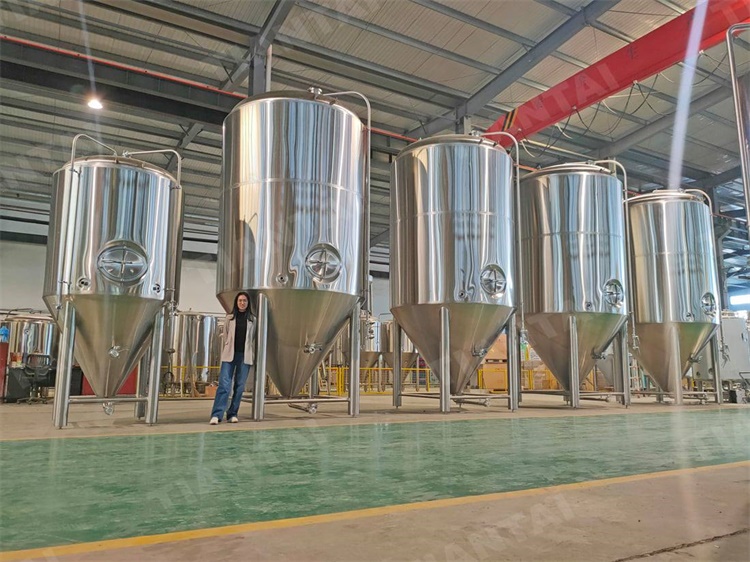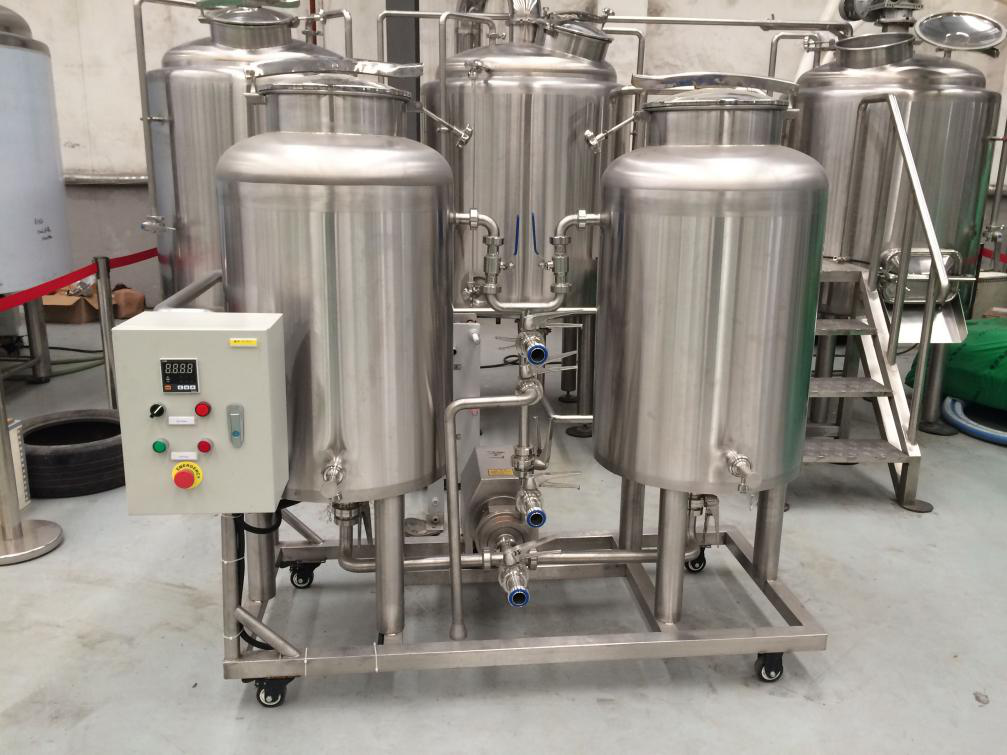.jpg)
Starch Conversion:
The starches in malted grains are not directly fermentable by yeast. Enzymes break down these complex starches into simpler sugars that yeast can metabolize during fermentation. This enzymatic conversion is crucial for extracting fermentable sugars from the grains.
Fermentable Sugar Production:
Fermentable sugars are the fuel for yeast during fermentation. By adding enzymes to the mash, brewers ensure the production of a sufficient amount of fermentable sugars, which is essential for achieving the desired alcohol content and flavor in the finished beer.
Attenuation Control:
The activity of enzymes in the mash influences the degree of attenuation, which is the percentage of sugars fermented by yeast. Different mash temperatures and enzyme combinations can result in beers with varying levels of sweetness and body. Brewers can manipulate these factors to achieve the desired balance in the final beer.
Flavor and Mouthfeel:
Enzymatic activity in the mash also affects the flavor and mouthfeel of the beer. The types and amounts of sugars produced during mashing contribute to the sweetness, body, and overall character of the beer.
Efficiency Improvement:
Enzymes help improve the efficiency of the mashing process by accelerating the breakdown of starches. This can be particularly important in commercial brewing, where efficiency and consistency are key considerations.
Adjunct Grains:
In some recipes, especially those using a high proportion of adjunct grains (such as rice or corn), supplemental enzymes may be added. Adjunct grains often lack sufficient natural enzymes, so adding exogenous enzymes ensures effective starch conversion.
Mash Temperature Control:
Enzyme activity is temperature-dependent. Brewers can control the mash temperature to influence the balance between alpha-amylase and beta-amylase activity, thereby affecting the composition of sugars in the wort.
It's important to note that while enzymes are crucial for starch conversion, malted barley itself contains sufficient enzymes for this purpose. Brewers may only need to add enzymes in specific situations, such as when using a significant amount of adjunct grains with lower enzyme content or when aiming for specific characteristics in the final beer. The choice of enzymes and their addition depends on the brewer's recipe, style goals, and brewing process.
Thank you for your reading.
Edited by Helen
Email: [email protected]


.jpg)



Get In Touch